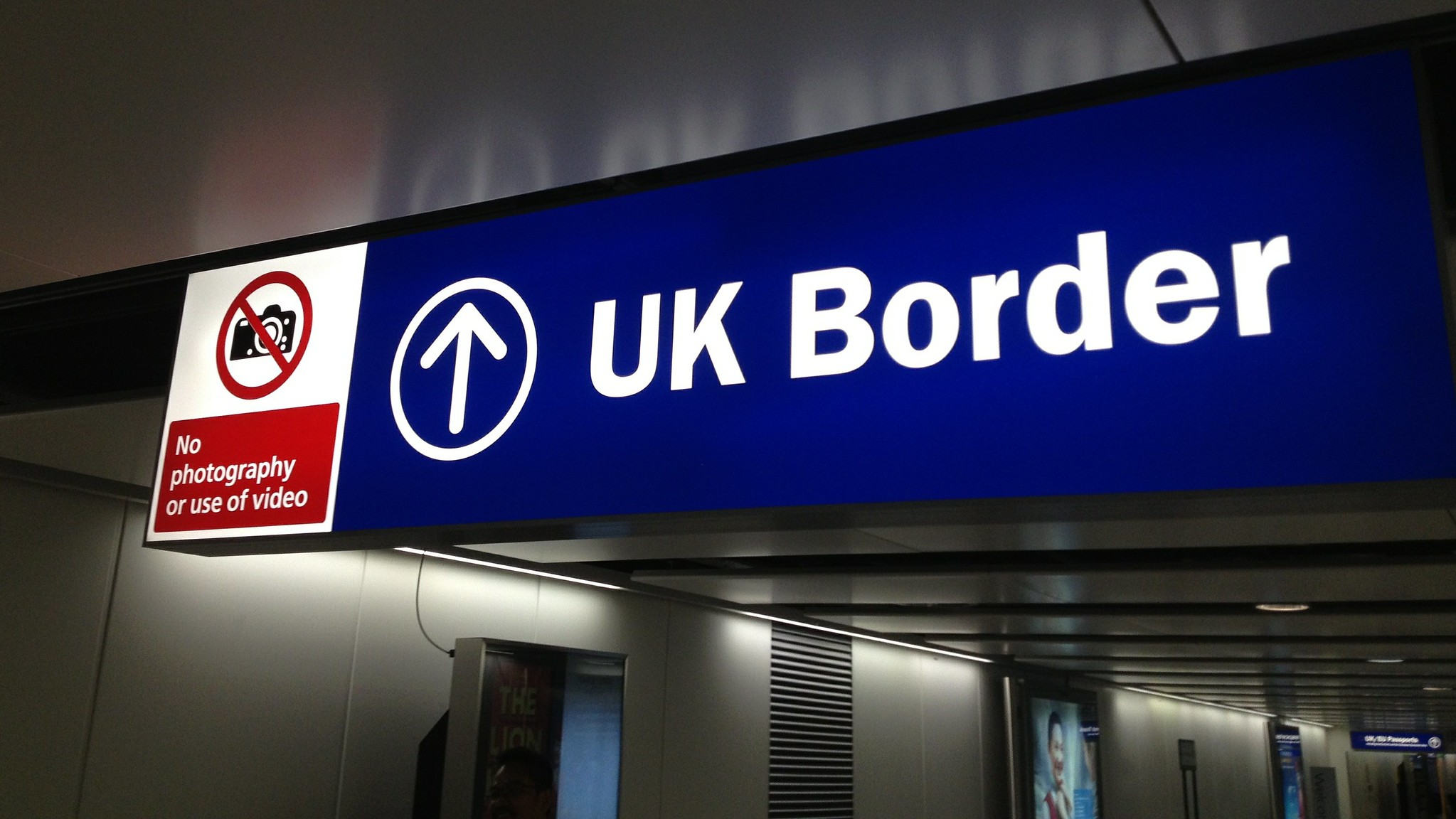 Are fears about immigration and consternation over the EU just based in myths? And if so, what makes these myths so resilient? Max Hänska writes perhaps the reason immigration and the EU hold sway in framing people’s grievances is more pernicious than that it is so arrestingly simple and satisfies our emotional desire to identify a culprit. Perhaps appropriate explanations are inconvenient for a government that is ideologically committed to shrinking the state and to privatisation.
Are fears about immigration and consternation over the EU just based in myths? And if so, what makes these myths so resilient? Max Hänska writes perhaps the reason immigration and the EU hold sway in framing people’s grievances is more pernicious than that it is so arrestingly simple and satisfies our emotional desire to identify a culprit. Perhaps appropriate explanations are inconvenient for a government that is ideologically committed to shrinking the state and to privatisation.
As David Cameron attempt to be more royalist than the king, ratcheting up his eurosceptic and anti-immigration rhetoric in an attempt to outgun Nigel Farage, it is obvious that public discourse and popular sentiment are turning sour on migration and membership of the European Union. But what explains the ascent of immigration and the EU as the foremost concerns of the British public?
Assuming – and it is of course a highly problematic assumption – that people are well informed and rational, in the sense that their beliefs are reasonably truth-tracking, we would expect concern over immigration and the EU to correlate with some kind of objective increase in immigration-related problems, and the EU to hamper Britain in addressing these and other problems in any serious way. We would expect foreign workers to displace equally qualified domestic workers, available housing supply to be soaked up by foreigners, and public services to be strained under the increased demand brought about by immigration. We would expect the EU to be obstinate in the face of these problems. In other words, we would expect the echo chamber of concerns over immigration and the EU to be a direct result of increased immigration, its deleterious effects and the inability/unwillingness of the EU to address these and other problems.
However, public concerns over immigration and the EU do not seem to track the facts, as concerns over immigration are fairly stable and not responsive to changes in net migration. Moreover, those most concerned about immigration are often least exposed to it. By most estimates immigration is cost-neutral, and immigrants are in more likely to be net-contributors than net-beneficiaries. In short, people’s increased concern with immigration is not explained by actual increases in the number of immigrants, nor by the real cost of immigration, or by increased exposure to immigrants.
So are fears about immigration and consternation over the EU just based in myths? And if so, what makes these myths so resilient? Why have so many MPs seen fit to use language that nurtures these myths, in the extreme using evocative metaphors, such as being ‘swamped by migrants’? Why have media outlets most frequently associated immigration with terms such as ‘illegal’, ‘influx’ and ‘benefits’? Why have real public grievances come to be framed as matters of immigration and the EU—notwithstanding the facts?
There is no doubt there are many real and legitimate grievances. House prices have long been rising rapidly, putting ownership out of reach of a growing sector of society. Raising a child from nursery to putting them through school and university is also more expensive than ever. People are increasingly asked to make private pension arrangements. Gaining well-paid (relative to the rising cost of housing, education and saving) and secure employment is increasingly impossible. It is not surprising that middle-class Britons are concerned. And perhaps the explanation that foreigners are taking jobs, houses, and benefits, only because EU membership prevents barriers to migration within the EU, is so compelling because it is so arrestingly simple and satisfies our emotional desire to identify a culprit.
But perhaps the reason immigration and the EU hold sway in framing people’s grievances is more pernicious. Explanations that point towards rising inequality, a national economy unhealthily skewed towards the South-East and financial services, the long-term failure to build more homes, and public under-investment in public services, housing and infrastructure, to mention but a few, are inconvenient for a government that is ideologically committed to shrinking the state and to privatisation. When Theresa May talks of benefit tourism she is not only saying that immigrants are draining resources, by way of offering an explanation for middle-class grief. She is also implying that benefits in the UK are far more generous than they are in most other parts of the EU (why else would immigrants be ‘swamping’ the UK?), creating a sub-textual context for the conclusion that a reduction in public spending is probably in order. Framing public grievances in terms of ‘waves of immigrants’ and a hostile and dangerously wrong-headed EU conveniently detracts from problems of inequality, a poorly balanced economy, housing shortage, and the rising cost of living. Of course, should the UK leave the EU and stop immigration dead in its tracks, both may be revealed as straw men.
Of course there may be better explanations for why we have fixed our minds on the EU and immigration as the principal ills to overcome. But in order to better understand why immigration and the EU have become the main proxies framing wider grievances we would do well to consider all plausible explanations.
Note: This article was originally published on the LSE’s Euro Crisis in the Press blog gives the views of the author, and not the position of the British Politics and Policy blog, nor of the London School of Economics. Please read our comments policy before posting. Featured image credit: UK Home Office CC BY 2.0
 Max Hänska is a postdoctoral fellow in the Multidisciplinary Opinion and Democracy Research Program at the University of Gothenburg, an associate at LSE IDEAS, and the lead investigator on the Euro Crisis in the Press project. He tweets from @MaxHanska
Max Hänska is a postdoctoral fellow in the Multidisciplinary Opinion and Democracy Research Program at the University of Gothenburg, an associate at LSE IDEAS, and the lead investigator on the Euro Crisis in the Press project. He tweets from @MaxHanska







